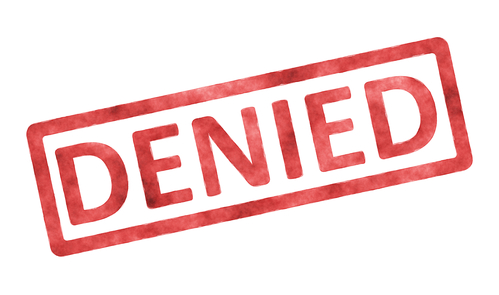
If you have suffered a work-related injury, one of your biggest concerns is probably making sure that you get the medical care you need to heal from your injury and return to work. Unfortunately, it is common for insurance companies to deny some, or all, of the medical care you need to recover. If you find that your medical care is being delayed or denied by your employer’s workers’ compensation carrier, it is important to find an attorney experienced in this area to help fight for the medical care that you need.
Our attorneys at Kneisler and Schondel know how to fight for your right to medical care. We have years of experience handling workers’ compensation cases, and we work hard to make sure our clients are treated fairly and receive the medical care they need in order to recover from the work-related injury. Contact our office today to schedule a consultation to discuss your case.
What Are My Rights to Medical Care for a Work Injury in California?
In the state of California, you have certain rights under the Workers’ Compensation Act. You are entitled to reasonable treatment to cure or relieve the effects of your work injury. If your injury occurred in an emergency situation, such as a severe laceration with significant blood loss, your employer is required to authorize immediate emergency medical care. For a non-emergency work injury, the claims administrator must authorize medical care within one working day after you file the claim form.
Your employer has the right to investigate the claim for 90 days, rather than immediately approving or denying the claim. However, you should be aware that during the 90 day investigation period, you are still entitled to receive reasonable and necessary medical care. You can receive medical treatment costing up to $10,000 during the investigation period.
What Kind of Medical Care is Available to an Injured Worker in California?
An injured worker in California is entitled to care that is reasonable to relieve the effects of their work injury. However, the medical treatment must fall within the guidelines set forth in the Medical Treatment Utilization Schedule. The MTUS is based on principles of evidence-based medicine, and these guidelines are, in most cases, used as a consideration for medical treatment recommendations by your treating physicians.
There are certain restrictions on medical care, such as a limit of 24 chiropractic visits, 24 physical therapy visits, and 24 occupational therapy visits for any injury that occurred after 2004. You may be able to have additional therapy or chiropractic visits if you have undergone a medically necessary surgery or if your claims administrator voluntarily approves the additional visits.
In some cases, your doctor may recommend treatment that does not strictly adhere to the MTUS guidelines. When this happens, the claims adjuster has the option of approving the treatment, or they can choose to deny the treatment. Any time your treating physician requests treatment for you, the claims administrator handling your case will submit that request to a system called utilization review in order to determine if the treatment it is medically necessary under the specific facts of your case.
How Utilization Review May Impact Your Workers’ Compensation Claim
The utilization review system is a process used by claims administrators to evaluate the recommended treatment to determine if it is, reasonably medically necessary in your case. The results of the utilization review will determine whether or not your claims administrator will approve the medical treatment recommended by your doctor.
What Happens if the Utilization Review Results in a Denial for the Medical Treatment?
If the claims administrator denies the recommended treatment due to the results of the utilization review, you do have another option to pursue to get the medical care. This option is to have the utilization review decision reviewed through an appeals process known as an independent medical review, or an IMR. When you receive a written denial of the medical care based on the utilization review process, you will be sent a form to submit to appeal that denial through the independent medical review system. You must request the appeal through IMR within 30 days of the date of the UR denial of your medical care.
If you disagree with the denial of the treatment following the UR process, you can sign and return the form to appeal the denial through the independent medical review system. The claims administrator is required to pay for the associated costs for the review.
If you need assistance with a denial of medical treatment for your work-related injury, contact us today at (707) 542-5132 or fill out our online contact form. Our attorneys are ready to help you fight for your rights.